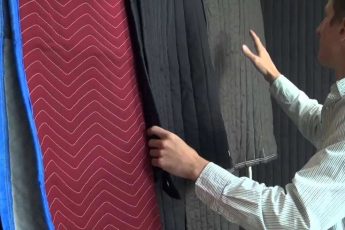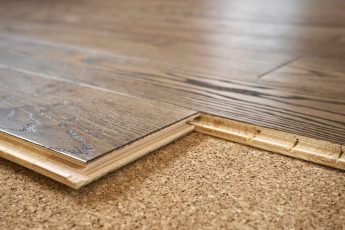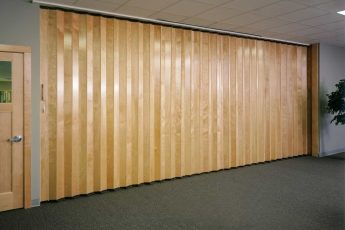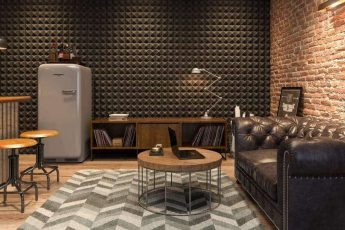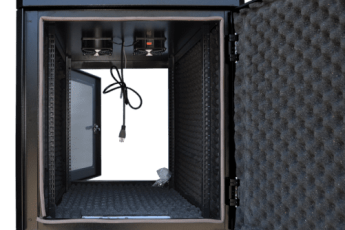Whether your boiler is housed in a boiler room or a separate cupboard, you may want to soundproof it to prevent unwanted noise. There are many ways to the soundproof boiler room, including plasterboard and mineral wool batts. If you are unsure where to start, we have compiled a list of tips for soundproofing a boiler room.
Soundproofing a boiler room
Soundproofing the space is an excellent idea if your boiler is located in a boiler room. You can use various materials, including soundproofing panels, foam, and fiberglass. These materials help reduce noise and are low-cost, so you don’t have to spend much money.
The walls, doors, and windows in your boiler room are all critical to soundproofing. But it would be best if you also considered the floor and ceiling. If your boiler room has a door, the most effective way to soundproof the area is by placing batts outside the wall.
Another option is to use mineral wool batts. While this material is relatively thin, it can affect the boiler. For this reason, you should wear protective clothing while working with this material. You can also use acoustic drywall. But be aware that mineral wool batts may be uncomfortable to work with.
Soundproofing a boiler room is an essential precaution for boiler owners. Noise caused by the boiler can affect other rooms nearby. A solid door made of wood will help block out the noise. However, a hollow door will allow sound to enter. To soundproof a boiler room, you must ensure that the walls are sturdy enough to resist sound. A solid door will also prevent noise from reverberating through the door.
Soundproofing a boiler room will not only reduce noise from the boiler, but it will also help to prevent the noise from disturbing your sleep or watching TV. If your boiler is causing noise, fix the problem as soon as possible. If your boiler is banging, it is most likely caused by low water pressure. A boiler can do a pressure dump, so you should ensure your water pressure is adequate to prevent a leak.
Soundproofing a boiler room will keep noise out of the room by reducing the noise caused by rotating machinery. Also, you should make sure pumps and pipes are correctly mounted so that their motors are not affected by the load in the pipes. Lastly, you should mount the pumps and pipes on vibration-dampening foundations.
Soundproofing a boiler cupboard
Soundproofing a boiler cupboard requires some measures to reduce noise. One of the most effective options is to use insulated blankets or curtains. These are generally made from a dense material such as fiberglass, which absorbs sound. In addition, they can help keep the room warm during winter and cool during summer.
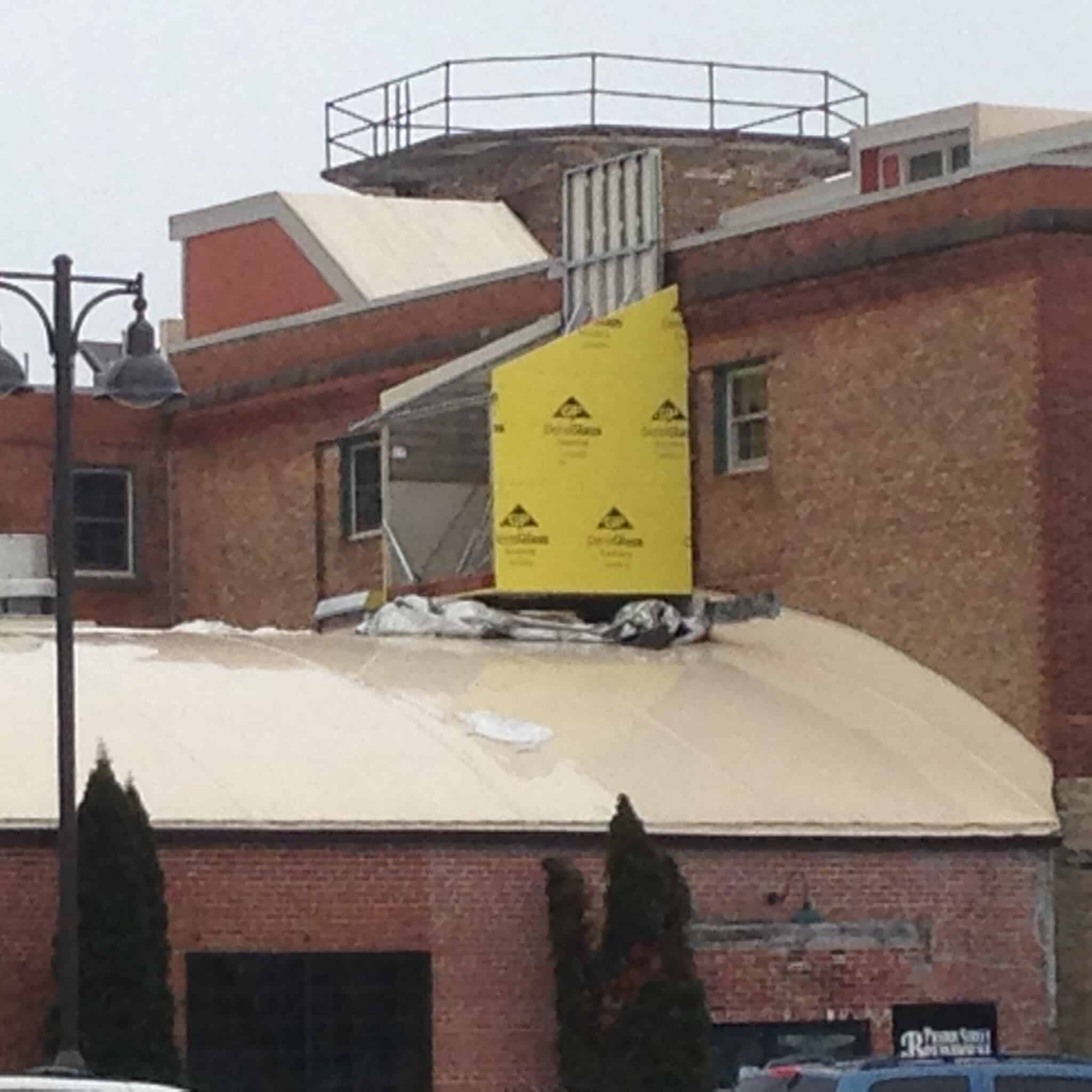
Another option is to hang soundproof curtains across the boiler cupboard door. These can effectively reduce noise, especially if you live in a home with small children or pets. Other methods include installing insulation and weatherstripping around the edges of doors. Other simple solutions include using heavy curtains, blankets, and mats, which can absorb sound.
Other soundproofing techniques include the use of acoustic drywall. Acoustic drywall can also be fitted to a boiler cupboard to block noise. Alternatively, rock wool is an alternative material that can be fitted to a boiler cupboard. This type of insulation can reduce noise from the boiler by trapping sound waves. It can also help to improve the energy efficiency of a house.
Another solution to reduce noise from a boiler cupboard is to line the walls and floor with thick curtains. This will not only reduce noise but will also keep the soft furnishings warm. If you cannot purchase an appropriate soundproofing product, you can make your own soundproofing cover. This straightforward and permanent solution will reduce the noise generated by your boiler.
There are some reasons why noise from a boiler cupboard can be problematic. These include the air trapped in the system, excessive pressure, and moving parts. By implementing a soundproofing solution, you can reduce the noise produced by the boiler and make it more comfortable for everyone.
After soundproofing walls, the next step is to soundproof the door and floor. Doors are the weakest spot for noise leakage. The best materials for this purpose include mineral wool batts, which are also ideal for reducing impact noise. However, they are not the most affordable option.
Soundproofing a boiler room with mineral wool batts
Soundproofing a boiler room with mineral-wool batts effectively reduces the echo sound that enters the boiler room. These batts are an excellent choice because they are made of materials that can absorb impact noise. The materials used to create these batts include fiberglass, mass-loaded vinyl, or mineral wool. Installing them is easy, and you can use Command Strips to install them.
It is essential to understand the materials used for soundproofing a boiler room. The best material for this purpose is mineral wool, which effectively blocks structure-borne noise, especially low frequencies. However, it can irritate your sinuses, skin, or eyes.
Mineral wool is an excellent material for soundproofing a boiler room, as its high density, open fiber matrix, and insulating qualities make it a good choice for the boiler room. Its open fiber matrix helps absorb sound waves and can be installed where fiberglass is typically used. It is especially recommended for multifamily dwellings, as it can provide soundproofing and insulation.
Another critical benefit of mineral wool is its fire rating. It can withstand temperatures up to 1000 degrees Celsius. It is non-combustible and fire-resistant, making it an excellent choice for many building applications, including boiler rooms and furnaces. It is also easy to install and can easily move from one room to another.

Mineral wool batts can also be used on ceilings. Installing these batts in the ceiling requires some particular angles. These batts are very effective at absorbing sound and dissipating it to a much larger area. However, there is a slight risk of irritation when working with mineral wool batts.
The density of the material determines how effective it is in blocking noise. Mineral wool is denser than fiberglass and can reduce sound waves by 10 to 15 decibels. Its density also helps prevent moisture from entering the room, preventing mold growth. It also helps prevent vapors from accumulating in the room.
Another benefit of mineral wool is its ability to reduce the echo in a room. It reduces the noise generated by airborne sounds and reverberation and vibration.
Soundproofing a boiler room with plasterboard
Soundproofing a boiler room with plasterboarding can be done in several ways. First, the plasterboard is decoupled from the surrounding walls. Once the plasterboard is decoupled, it will create a cavity in the wall, which you should fill with insulation. This will help to reduce echo resonance by absorbing sound. You can use mineral wool, rock wool, or fiberglass to fill this cavity.
Soundproofing a boiler room can be challenging, as impact noise is more difficult to block than airborne noise. The number of walls you want to soundproof will determine the size of your project. Many materials can be purchased online, which will keep your cost down.
Another method for soundproofing a boiler room is to use solid interior doors. Doors are the weakest point in soundproofing, so it’s essential to choose solid and sturdy doors. If possible, use a fire-rated door to prevent sound leakage.
Acoustic mineral wool is another option for soundproofing a boiler room. This type of material is highly effective at blocking low-frequency noise. However, it can irritate the skin, eyes, and sinuses. It is recommended to check the product label for specific specifications.
A plasterboard is also a good option for soundproofing a boiler room. Plasterboard is relatively easy to apply and has a good insulation value. Alternatively, you can use soundproofing curtains to cover a large part of the boiler room. Soundproofing your boiler room is a compelling long-term fix that will not cost you a fortune.
Another great way to soundproof a boiler room is to install MLV or rock wool. These products are relatively cheap and easy to install but are best used with other materials. Install them in the stud wall space around the boiler cupboard if possible. If you cannot install MLV or rock wool, you should opt for acoustic drywall.

If you do not have the money to install soundproof panels, you can make your boiler cupboard’s doors soundproof with a simple plasterboard wall. You can also add a soft blanket or curtains inside the cupboard to absorb the sound of the boiler. You should also make sure to use a thick layer of acoustic insulation on the wall.

